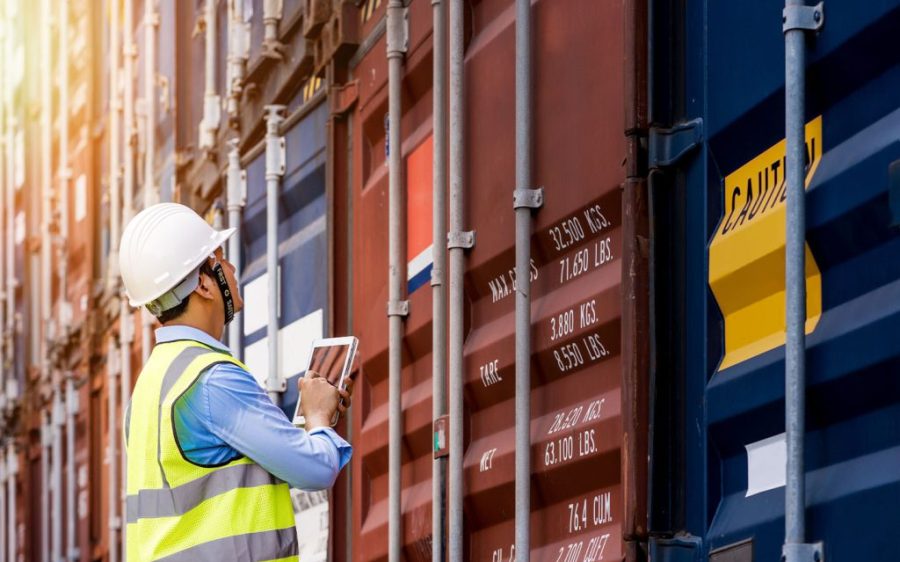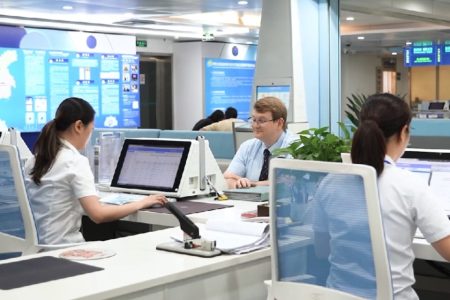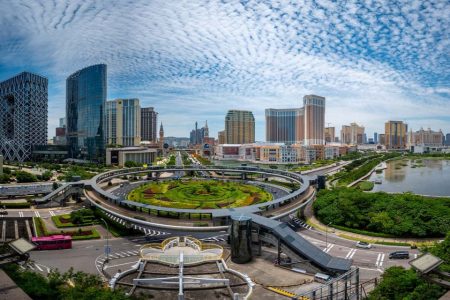Economic ties between Macao and the mainland have developed substantially in the 25 years since the ending of the Portuguese administration. That’s according to data from China’s Ministry of Commerce, which shows that trade between the two jurisdictions reached a value of US$3.84 billion in 2023 – 4.3 times higher than the figure registered in 1999.
At a press conference yesterday, the ministry’s spokesman He Yaodong also pointed out that as of October 2024, mainland China had absorbed almost US$24 billion worth of direct investment from Macao, while the mainland had made nearly US$14.2 billion in direct investment in the SAR.
The official highlighted the role of the Closer Economic Partnership Arrangement (CEPA) – a free trade agreement that was first signed in October 2003, but was updated last October to reduce or lift restrictions for key Macao service industries such as healthcare, finance, science and technology, as well as tourism.
[See more: Trade between Macao and Guangdong is up by more than 25 percent]
CEPA and its related agreements, the spokesman said, had “practically” allowed for the free flow of goods between the mainland and Macao.
Looking to the future, the ministry noted that it would continue to proactively make good use of the Mainland and Macao Economic and Trade Cooperation Committee to develop Macao’s economy, improve the livelihood of residents and allow for better integration into the national development.
Hengqin will also play an increasingly pivotal role, with Macao authorities taking advantage of the island – administratively part of the mainland city of Zhuhai – to diversify the SAR’s economy and provide the SAR with more living space.






